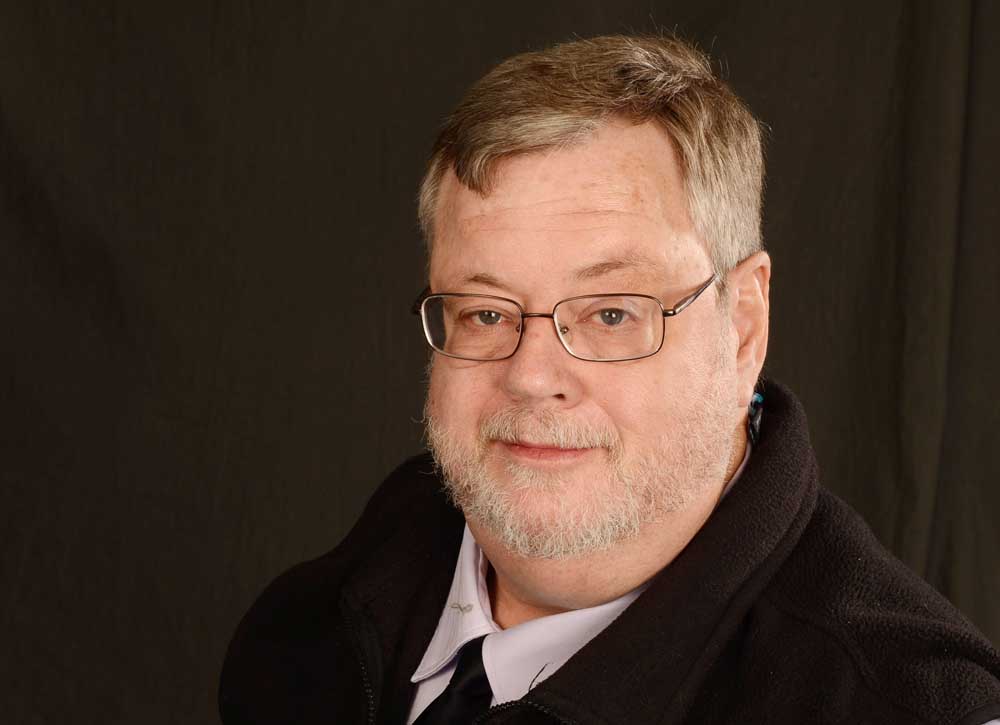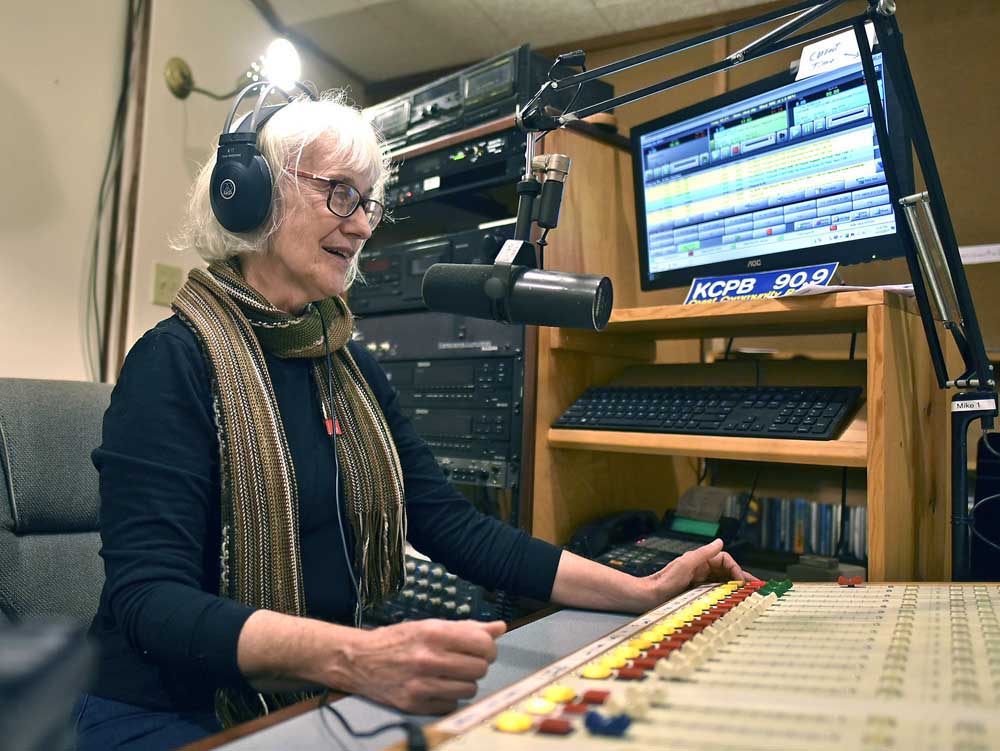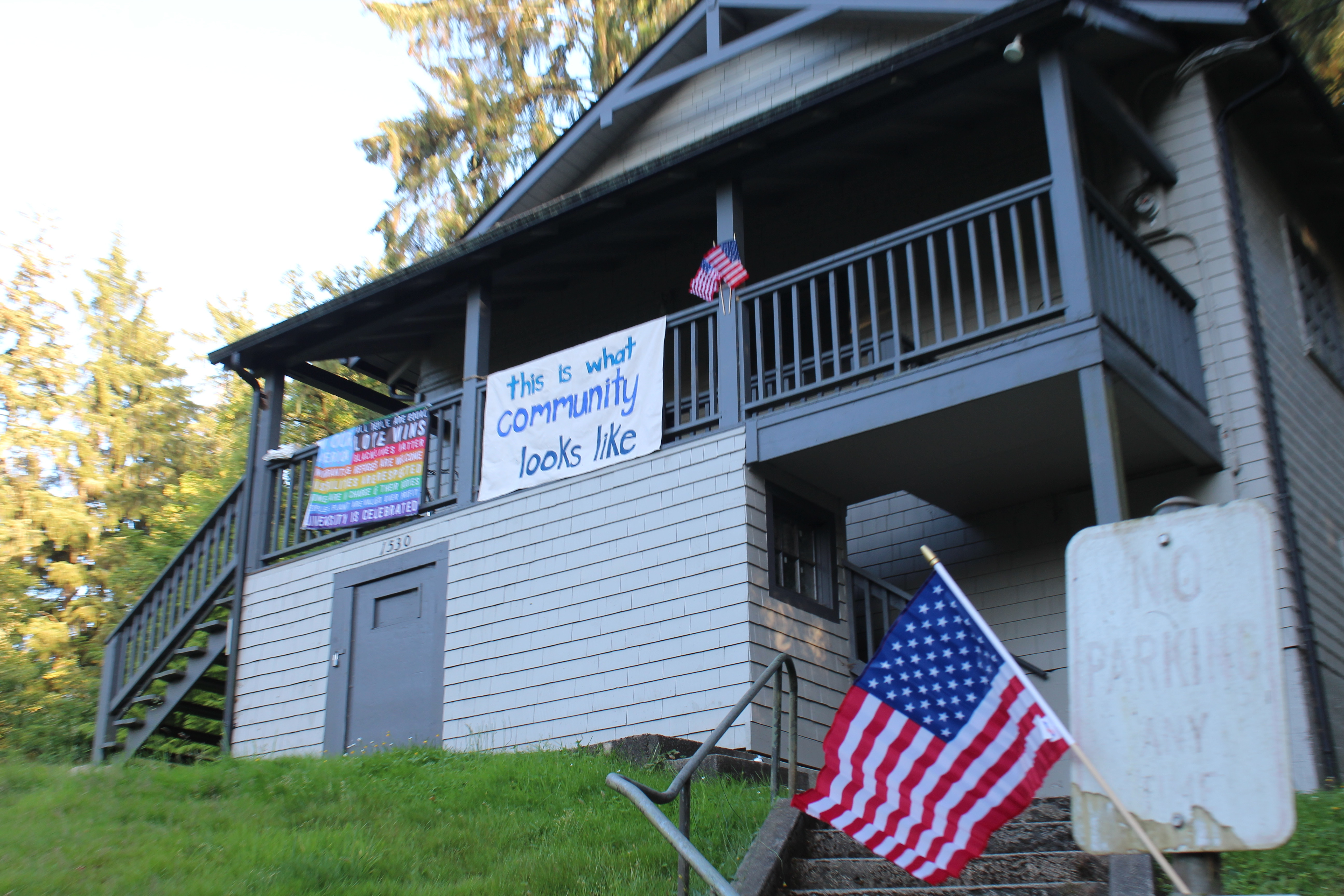Guest Column: Seeking compromisers who care about ‘The Oregon Way’
Published 12:30 am Tuesday, March 22, 2022

- Dick Hughes
‘Compromise, compromise, compromise. Collaborate, collaborate, collaborate.”
Trending
These are the qualities that Brian Clem seeks in legislative candidates this spring – “compromisers who care about ‘The Oregon Way.’”
Clem speaks from experience. He served in the state House for nearly 15 years until last fall, was a legislative aide, ran campaigns and worked for U.S. Sen. Ron Wyden.
“The country definitely has gotten more divided and Oregon has gotten more divided,” Clem said, yet “there are people who believe you should try really, really hard to get a consensus.”
Trending
He and five former Democratic colleagues in the Legislature want to support such candidates. Last week they launched a new political action committee — Oregonians Are Ready, or OAR PAC. They are Democrats, after all, so the initial goal is to back Democratic legislative candidates in the May primary who will be more centrist, more willing to compromise than their opponents.
I find this development relevant not for any ideological position but for what it says about our state, including the need for hearing rural voices in Salem. Three of the founders have links to Coos Bay, including Clem, who grew up there. They have watched as decisions made in Salem and Washington, D.C., helped turn a thriving community into an impoverished one – and have stymied local attempts to rebound.
Clem, a Salem businessman, seeded the PAC with $500,000. The other founders are former state senator Arnie Roblan, of Coos Bay, and former represenatives Jeff Barker, of Aloha; Deborah Boone, of Cannon Beach; Betty Komp, of Gates; and Caddy McKeown, of Coos Bay.
They don’t necessarily align on every issue. But, Clem said, “I think we’re all united on that Oregon has lost its way.”
All six were considered moderate Democrats. In 2016, they began to hold Tuesday night dinners with colleagues in search of middle-ground solutions on complex topics such as raising the minimum wage.
However, as the Democrats expanded their House and Senate majorities in recent years, there was less need for consensus with moderates, or with Republicans at all.
Meanwhile, primary elections draw the most partisan of voters. That is why Democrats often go to the left and Republicans to the right instead of campaigning as moderates. Too often, legislators also lean away from the center to avoid drawing primary challengers from their Democratic left or Republic right.
The new PAC aims to support compromise-willing Democrats who face such opponents.
“I don’t believe compromise is a bad word,” McKeown said. “The fringes push ideas. But when you listen to everybody and you work with everybody, I think you come up with good legislation.”
That was a lesson McKeown honed growing up in a small town and later representing a purple district in the Legislature: Learn to work together with everyone. You must give a little to get a little. You can’t afford to burn bridges.
Clem put it another way: Stay at the table until everyone gets what they need. Help them save face instead of rolling over them.
Clem said that in his dozen or so years chairing a legislative committee, there never was a party-line vote on a bill. He led such issues as protecting the Metolius River headwaters, resolving a Washington County land use battle, limiting class sizes in public schools, and helping residents recover from the 2020 Labor Day wildfires.
As another example of collaboration, he cited Rep. Janelle Bynum, D-Happy Valley, who chairs the House Judiciary Committee. She could have rolled over Republican Rep. Ron Noble, a former police chief in McMinnville. Instead, they worked together on law enforcement reforms.
The 2011 Legislature, with the House evenly split between Republicans and Democrats, underscored for Clem the immense power of compromise and collaboration. That legislative session — in which Roblan and Rep. Bruce Hanna, R-Roseburg, served as co-House speakers — is regarded among Oregon’s must successful. Though discussions often were difficult, lawmakers reached bipartisan agreements on such contentious issues as redistricting, education reform and the state budget.
In this year’s legislative session, Clem said, farmworker overtime seemed to offer an opportunity for a similar bipartisan victory, though with significant give-and-take. That didn’t happen. House Bill 4002 passed on a party-line vote, with exception of retiring Democratic Sen. Lee Beyer, of Springfield, who voted “no.”









